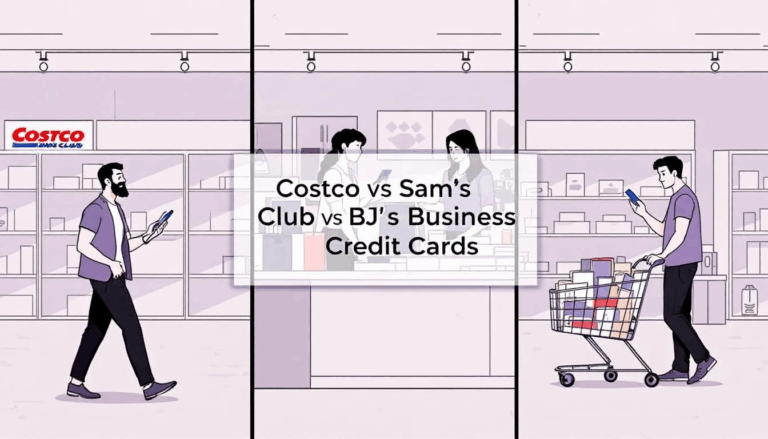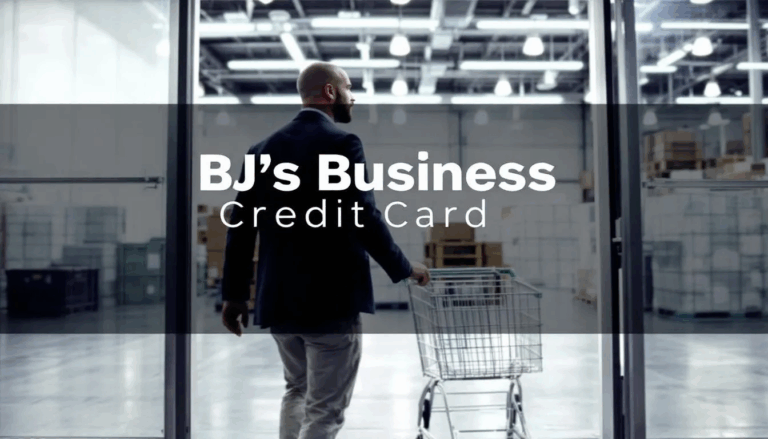

Each wholesale club’s card excels for a different type of business. Costco’s program is best suited for companies with heavy travel and dining budgets, Sam’s Club is ideal for fuel-intensive operations, and BJ’s is the most rewarding for frequent in-store buyers with smaller-ticket purchases.
Choosing the right card isn’t just about which wholesale club is closest to your business—it’s about

Running a small business means keeping expenses in check while still stocking up on the necessary supplies to operate smoothly. For many owners, wholesale clubs like BJ’s Wholesale Club offer significant savings by allowing bulk purchases at discounted prices. To make those savings go further, BJ’s also provides its own line of business credit cards, which reward you for BJ’s

A tradeline is any credit account that appears on a credit report. In personal finance, this could be a credit card account, an auto loan, or a student loan. In the business world, business tradelines encompass vendor accounts, business credit cards, installment loans, and revolving accounts associated with your company.
So, how long does it take for tradelines to appear

Chime is a financial technology company that offers personal banking services through a user-friendly mobile platform. While it offers banking features similar to traditional banks, it is not a bank. Instead, it partners with FDIC-insured institutions: The Bancorp Bank and Stride Bank. This partnership ensures account holders receive the same level of deposit insurance as they would with a traditional

A business bank account is a financial account used to manage a company’s funds. Unlike a personal checking account, a business account separates personal and professional finances, essential for accurate recordkeeping, tax reporting, and liability protection.
ChexSystems is a consumer reporting agency governed by the Fair Credit Reporting Act. It collects data on closed bank accounts, unpaid overdraft fees,

SBA lenders often require a down payment on SBA loans because it demonstrates financial responsibility as well as a willingness to share some risk of the loan. When you make a down payment, you put some “skin in the game” and show that you’re invested in paying off the loan.

One of the more challenging aspects of SBA loans is that you must meet both SBA and lender requirements. The SBA does not set minimums for personal credit scores, time in business, or revenue. It does, however, set basic eligibility and FICO SBSS requirements.
Even if you meet the SBA’s requirements, each lender sets credit score, time in business, and

CAPLines of credit offer some of the lowest financing costs and most favorable terms of any business credit product. The drawback is that it’s challenging to qualify and takes a long time to get approval and fund the line of credit.
SBA lines of credit offer some unique advantages over other lines of credit available. In this guide, we’ll cover

As much as we wish we could give you a definitive credit score requirement for SBA loans, it fluctuates between different loan programs and lenders. We can say that you will generally need good to excellent credit to qualify.

SBA loans are government-backed small business financing packages that offer some of the best benefits available on the market. The US Small Business Administration (SBA) governs the program and sets rules and regulations for participating lenders.